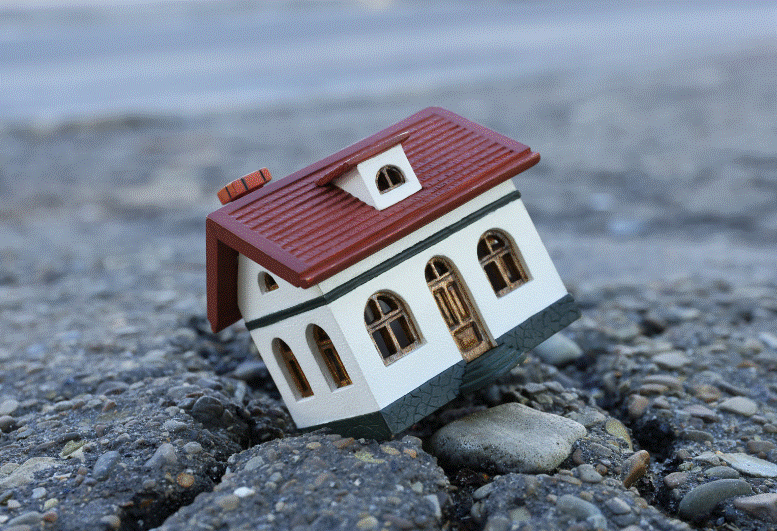California is no stranger to earthquakes. With its location along the seismically active Pacific Ring of Fire, the state experiences thousands of small quakes each year, with the potential for a devastating major earthquake always looming. For homeowners in the Golden State, the question of whether to purchase earthquake insurance is a serious one. How does earthquake insurance work, how does one obtain it and is it worth the expense for California residents?
The Growing Risk of Earthquakes in California
Although many earthquakes in California are minor, the state has a history of catastrophic seismic events. The 1906 San Francisco earthquake and the 1994 Northridge earthquake are stark reminders of the destructive potential these natural disasters carry. According to the U.S. Geological Survey (USGS), there is a 75% chance of at least one earthquake of magnitude 7.0 or greater striking California in the next 30 years.
Given these statistics, it’s clear that the risk is real. However, despite this, many homeowners remain uninsured for earthquake-related damages. In fact, the California Earthquake Authority (CEA) estimates that only about 13% of California homeowners carry earthquake insurance.
How Does Earthquake Insurance Work?
Standard homeowners’ insurance policies do not cover damage from earthquakes. That’s where earthquake insurance comes in. Typically, earthquake insurance covers:
- Structural damage to your home
- Personal property damage (such as furniture, electronics, and clothing)
- Living expenses if your home becomes uninhabitable due to an earthquake
However, earthquake insurance often comes with high deductibles, ranging from 10% to 20% of the home’s insured value. This means that if your home is insured for $500,000, you may have to pay $50,000 to $100,000 out of pocket before insurance kicks in to cover any damages. While this can make earthquake insurance seem costly, the potential for total loss in a major earthquake is a risk many homeowners cannot afford to ignore.
How to Obtain Earthquake Insurance in California
Most Californians can obtain earthquake insurance through their current home insurance provider, as many insurers work with the California Earthquake Authority (CEA). The CEA is a state-run, privately funded organization that offers earthquake coverage to residents across California. Policies through the CEA are available from most major insurance companies and can be tailored to fit different coverage levels and deductibles based on your budget and risk tolerance.
Additionally, some private insurance companies offer standalone earthquake insurance policies, which may have different coverage terms and pricing than CEA-backed policies. It’s important to compare options to find the best coverage for your home and financial situation.
Is Earthquake Insurance Worth the Cost?
The decision to purchase earthquake insurance largely depends on your risk tolerance and financial circumstances. Here are a few key considerations:
- Location Matters: If you live in a high-risk area like Los Angeles, San Francisco, or along the San Andreas Fault, the likelihood of a major earthquake is greater. In these areas, the cost of insurance might be worth the peace of mind.
- Home Equity: If you’ve built substantial equity in your home, earthquake insurance could protect that investment from being wiped out in a single event. Homeowners with little equity, however, may find it harder to justify the cost.
- Financial Resilience: Earthquake insurance comes with high deductibles, so it’s important to consider whether you can afford to rebuild your home or replace belongings out-of-pocket in the event of a major quake.
It’s also worth noting that earthquake insurance doesn’t cover everything. For example, damage from tsunamis or landslides triggered by an earthquake may not be covered. Be sure to read the fine print of any policy you consider.
The Bottom Line
For homeowners in California, the decision to purchase earthquake insurance is not an easy one. The coverage can be expensive, and deductibles are high, but the financial protection it offers in the event of a major earthquake could be invaluable. If you live in a high-risk area or have significant equity in your home, earthquake insurance may be a smart investment. For others, building a savings buffer or investing in structural upgrades to make your home more earthquake-resistant might be a better alternative.
As seismic activity in California remains a constant threat, homeowners should evaluate their personal risk and financial situation carefully to decide whether earthquake insurance is the right choice for them.





